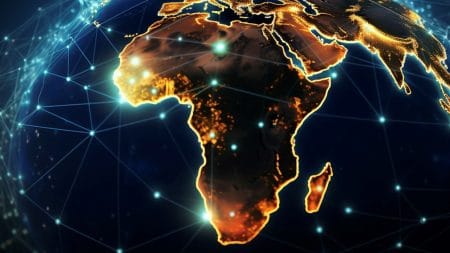According to Microsoft, artificial intelligence could unlock up to 230 million digital and AI-related jobs across Africa by 2030 — a transformation comparable in scale to South Korea’s rapid industrial rise or India’s IT boom. Source
Despite strong ambition across governments, donors and companies, progress is “uneven and fragmented,” Microsoft reports. The company emphasizes that realising this jobs potential requires more than isolated training programmes: it demands coordinated, inclusive effort involving governments, education systems, industry and civil society.
Key insights:
- Government leadership is central. For example, Kenya’s Regional Centre of Competence for Digital and AI Skilling has trained thousands of civil servants via structured programs combining bootcamps and online modules.
- Industry participation matters. With more than 44 million micro, small and medium enterprises (MSMEs) across Sub-Saharan Africa, empowering these firms to adopt AI and hire new roles could multiply impact significantly.
- Education and inclusive access are critical. Microsoft notes Africa must build digital infrastructure, localise large language models (LLMs) for African cultures and languages, redesign curricula, train educators, and embed AI across schooling.
- Ensuring inclusion means reaching informal sectors. The example of Kenya’s MESH network — delivering bite-sized AI content to micro-entrepreneurs — highlights how skilling initiatives must adapt to local realities, not just focus on formal sectors.
In short, Microsoft argues that Africa stands at a pivotal moment: with the right ecosystem — policy, infrastructure, skills, industry and inclusion — the continent could lead the next wave of global digital employment and innovation.






